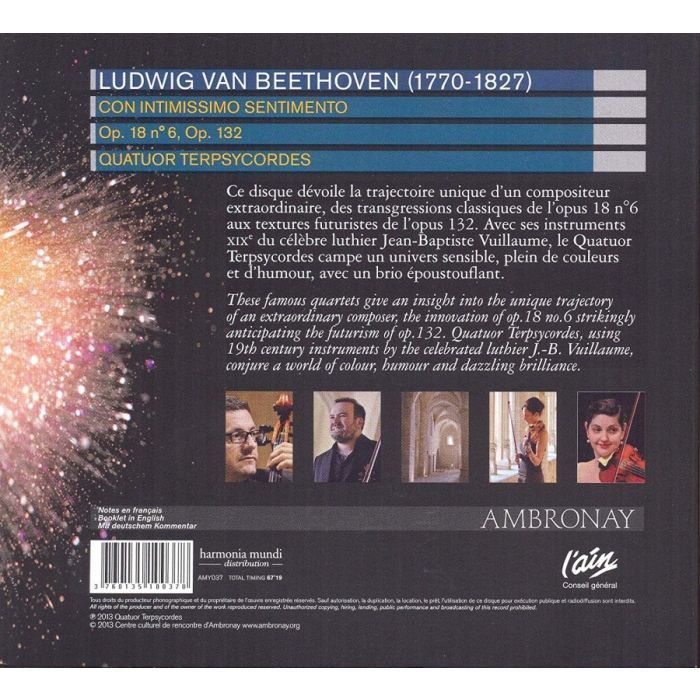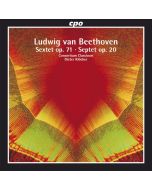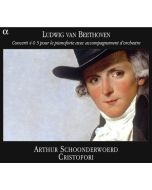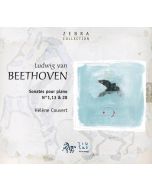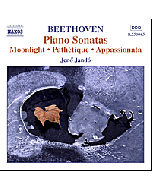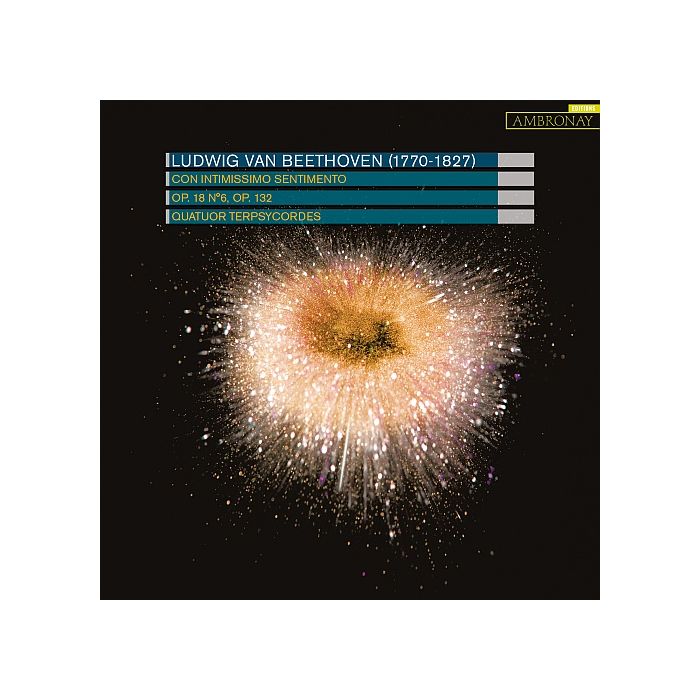
(Produkt nie został jeszcze oceniony)
kompozytor
Beethoven, Ludwig van
tytuł
Beethoven: String Quartets op. 18 n° 6 & op. 132
wykonawcy
Quatuor Terpsycordes
nr katalogowy
AMY 037
opis
Separated by some 25 years, the Quartet in B flat major (op.18 no.6) and its fellow in A minor (op.132) give an insight into the unique trajectory of an extraordinary composer who left his mark on each of the genres he tackled. The Quatuor Terpsycordes follow their 'Seven Last Words of Christ on the Cross' with these two Beethoven Quartets played on a set of instruments by Jean-Baptiste Vuillaume, on loan from the Musée d Art et d Histoire in Geneva. Their idea was to tackle this repertoire in the light of instruments set up in a manner corresponding to the period of composition, following the course of history and stylistic development. This new disc of op.132 is the first to have been made on instruments set up in period style, and the first to have been recorded on gut strings. Founded in 1997 and based in Geneva, the Quatuor Terpsycordes was taught by Gábor Takács-Nagy before receiving advanced training from members of the Budapest, Hagen, LaSalle and Mosaïques quartets. Violin (093333), Jean-Baptiste Vuillaume, Paris, between 1850 and 1860 One of the six copies Vuillaume made of the Guarneri del Gesù instrument which once belonged to Nicolò Paganini. The Guarneri original is now in a museum in Genoa. Violin (018403), Jean-Baptiste Vuillaume, Paris, 1861 This is a copy of the Stradivarius known as the Messiah owned by Vuillaume, who later passed it on to his son-in-law, the violinist Delphin Alard. The original is now in the Ashmolean Museum in Oxford. Viola (BG 0009), Jean-Baptiste Vuillaume, Paris This is clearly a copy of a Guarneri del Gesù. Cello (BG 0010), Nicolas-François Vuillaume, Brussels, 1861 An exact copy of the Stradivarius that belonged to the French cellist Adrien-François Servais, built in the workshop of Jean-Baptiste, with whom Nicolas-François worked before moving to Brussels.
nośnik
CD x 1
wydawca
Ambronay
data wydania
19.02.2013
EAN / kod kreskowy
3760135100378
79,00 zł
Produkt na zamówienie
Wysyłka ustalana indywidualnie.
Darmowa wysyłka dla zamówień powyżej 300 zł!
Darmowy kurier dla zamówień powyżej 500 zł!
sprawdź koszty wysyłki